The energy produced from household waste can take several forms: Heat, for example, to supply heating networks, or electricity, which can be distributed to neighboring households or sold to the national grid.
For cities, this solution is a real asset for a circular economy approach.
More sustainable household waste treatment
Since regulations now encourage municipalities to treat their household waste in a more sustainable way and limit the use of landfill, waste-to-energy incineration is a rapidly growing solution.
In 2018, each European produced an average of 492 kilos of household waste. 27% of which was recovered as energy through incineration. In France, waste-to-energy incineration increased by 1.1 million metric tons between 2007 and 2019.
How to produce energy from waste
As a leader in integrated waste management, especially household waste, and a long-standing partner of local authorities, we provide our municipal customers with various energy-production solutions based on incinerating residual household waste.
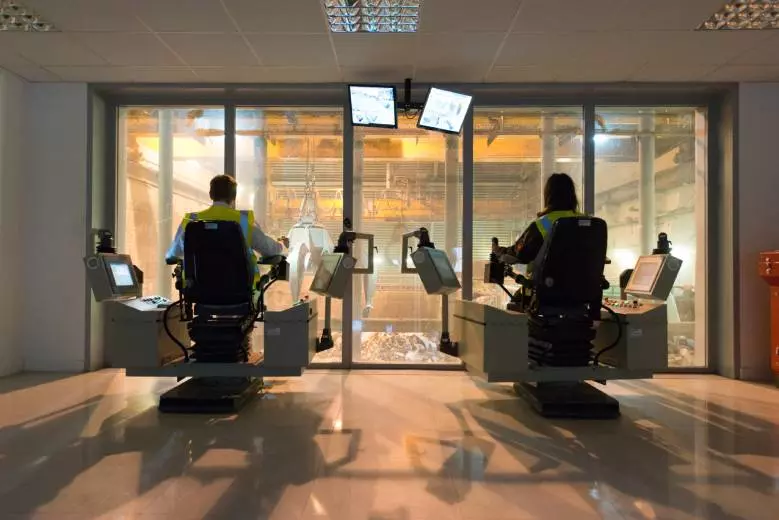
Worldwide, we operate more than 60 waste-to-energy plants.
The heat generated during incineration is recovered in the form of pressurized steam. The thermal energy thus captured is:
- Either used directly, for example to supply heating networks or to heat greenhouses
- Or injected into a turbo-generator which converts it into electrical energy, which can then be sold to electricity distributors.
VEOLIA SOLUTIONS FOR THE RECOVERY OF ORGANIC WASTE
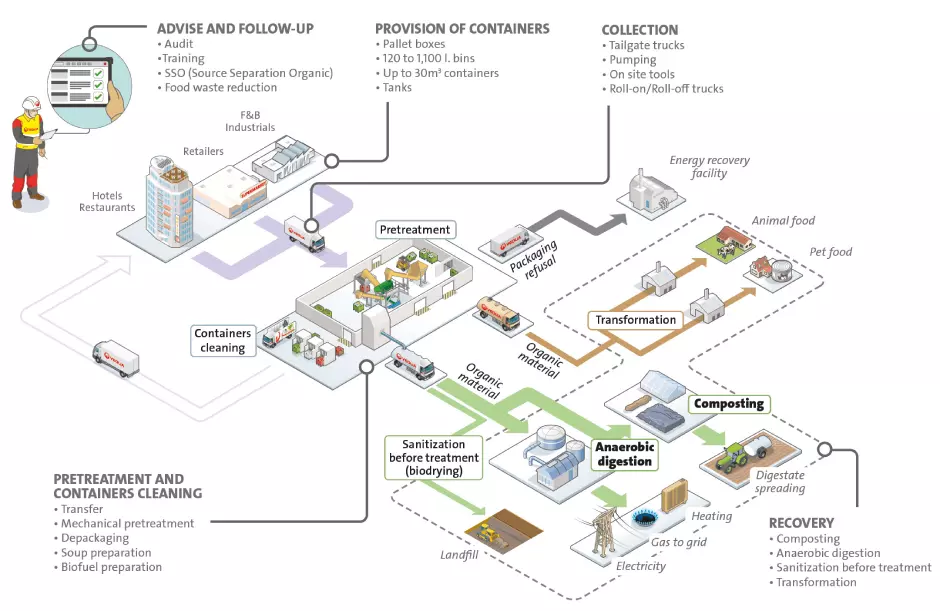
You reduce your environmental footprint
You reduce landfill costs
You reduce waste volumes
> Also discover the producing and recovering energy from solid recovered fuels
What are the benefits for you as a municipal, inter-municipal or regional authority?
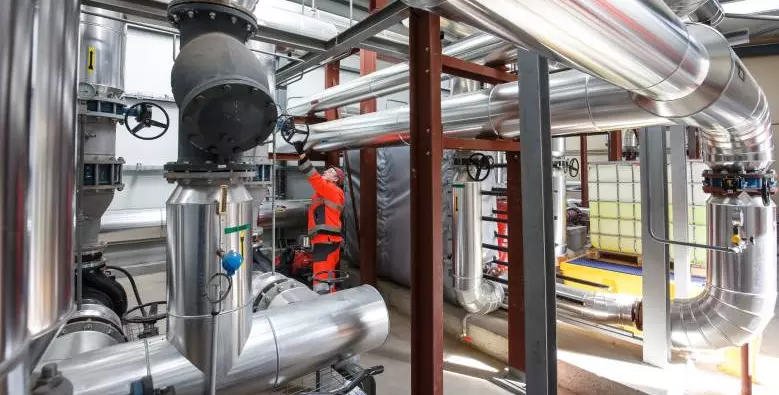
We did it!
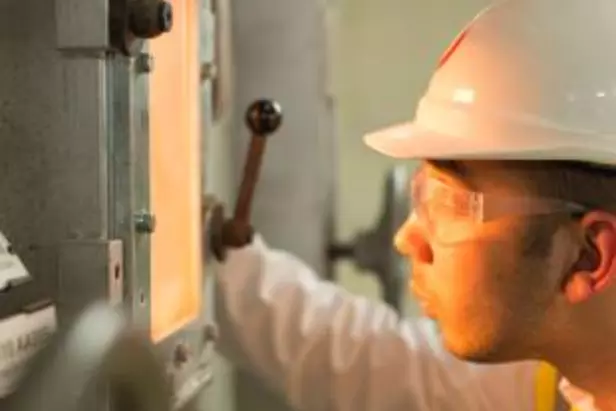
United Kingdom
In East Sussex, UK, we are producing 19 MW of electricity – the equivalent consumption of 25,000 homes – from the incineration of residual household waste that is neither compostable nor recyclable. This solution also reduces the need for landfill.

United Kingdom
In Leeds, England, we are generating almost 11 MW of electricity from household waste. This covers the needs of about 20,000 people and saves on landfill tax. Our 42-metre-high plant is also an architectural and landscape landmark in the region.
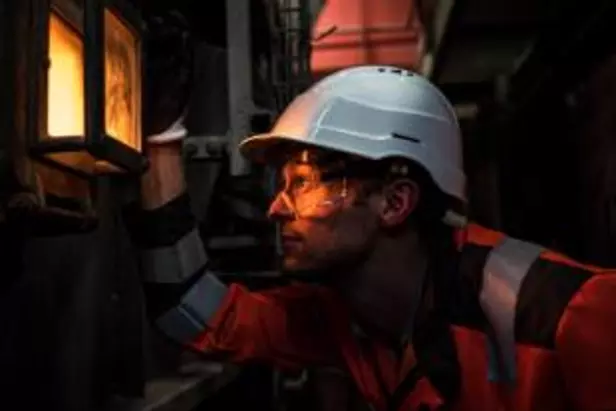
France
Covalys, the company we created with the energy company Idex, converts household waste into heat to supply district heating networks in Roubaix and Lille. The 70,000 households served benefit from green energy at a lower cost. In total, 650 GWh is produced each year.
Find out more about our other energy-related solutions
- We provide our unique expertise in energy management: We manage heating and cooling networks, develop services to reduce energy consumption, and optimize industrial utilities.
- We help our industrial customers to improve their energy performance: We design, build, operate and maintain their energy facilities.


